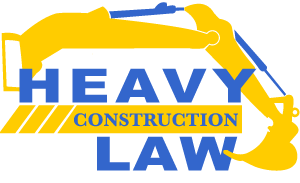Too often I’ve heard, “we didn’t want to rock the boat, so we just discussed the problem, but didn’t provide written notice.” But, remember The Godfather – “It’s not personal, it’s strictly business.”
Under a contract to furnish and install HVAC piping for a U.S. Army training facility at Joint Base Elmendorf-Richardson in Anchorage, Alaska, the Contractor argued the contract drawings and specs lacked the design details necessary to perform the work. The Contractor submitted several RFIs.
The Government argued the Contractor must use a letter, not an RFI, to notify the Contracting Officer of design problems. The Board held the information conveyed in the Contractor’s RFIs was sufficient to notify the government of a design discrepancy and “the Board (and the government) should not elevate form over substance in evaluating the sufficiency of a contractor’s notice.”
The Government also argued that the Contractor bore the risk of performing the changed work before the CO responded to the Contractor’s notice. Holding in the Contractor’s favor, the Board reasoned the risk borne by the Contractor is the risk of an incorrect course of action. If the Contractor takes the correct course of action (i.e., if it performs the work exactly as the CO would have directed) the Government suffers no harm, so the Contractor bears no such risk. When the Contractor acts before the CO responds, the Contractor bears the risk of taking incorrect action. If you’re gonna act, make it the correct action.
This case did not decide which party was at fault for the missing design details (i.e., Spearin Doctrine). But, [spoiler alert] the Government doesn’t automatically bear such responsibility even if it is a design-bid-build contract.
Appeal of UNIT Company, Armed Services Board of Contract Appeals, No. 60581 (Feb. 12, 2018).
Roads & Bridges | All According to Plan
ALL ACCORDING TO PLAN | Exact Measurements Go a Long Way
In December 2013, a contractor agreed to replace four bridges for the […]
Roads & Bridges | Connecting the Dots
CONNECTING THE DOTS | Showing Causation in Contracting Cases is Critical
In this asphalt case, the prime contractor agreed to perform a $13 […]
Roads & Bridges | Liquidated Damages
LIQUIDATED DAMAGES | Penalties and What is Unenforceable
Liquidated damages typically flow from delays, but they are not always solidly enforced.
In June 2017, […]
Roads& Bridges | Warranty Provisions
WARRANTY PROVISIONS | Contracts must be interpreted thoroughly to avoid absurd results
You are responsible for things within your control. Be careful if […]
Roads& Bridges | The Agreed Price
THE AGREED PRICE | This case stands as a warning about pay-if-paid clause
History cannot be rewritten and a bad, but legal, […]
Roads& Bridges | Confusing Waters
CONFUSING WATERS | A Supreme Court ruling leaves room for ambiguity
What happens when there may be a “significant nexus” between “adjacent” and/or […]
Roads & Bridges | Authority Defined
AUTHORITY DEFINED | The Law of Agency is Important to Understand
For any project, this Russian proverb is helpful: Doveryay, no proveryay – […]
Jurisdiction is Power
Not bad power, but the ability of a decision-maker (e.g., court) to decide which side is right (or which is more correct). […]
Roads & Bridges | Defining Labor
DEFINING LABOR | How the Miller Act continues to shape the industry
In the late 1700s, risks of nonpayment caused a shortage of […]

Jonathan J. Straw
Blog Author
Contact Jonathan
Partner | KraftsonCaudle.com
Download Jon’s Bio











